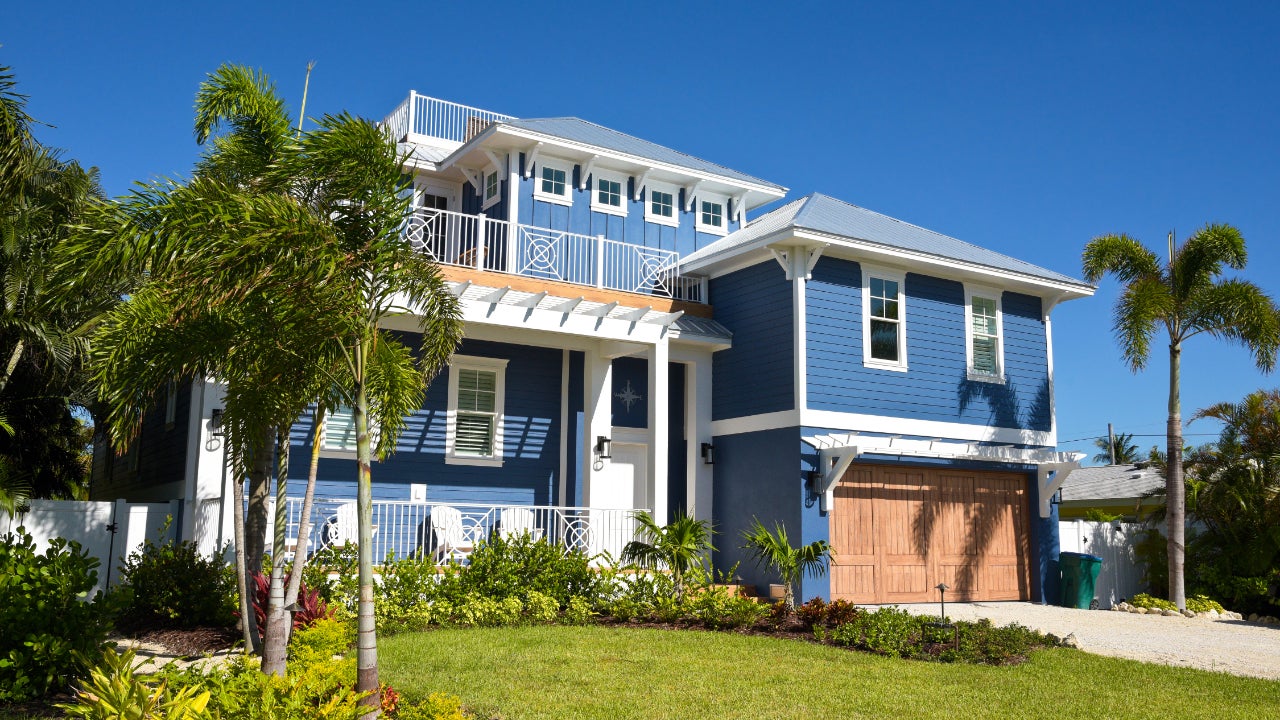Have you ever wondered how much money it takes to invest in real estate?
Whether you’re planning on buying an investment property soon or just monitoring the housing market, it pays to be informed.
There’s no one right way to invest in real estate, and that means you have flexibility and a variety of options. Having access to capital is always helpful, but it’s possible to invest without handing over those resources up-front.
Depending on the mortgage loan you choose, your qualifications, the property type, and your monthly expenses, your down payment could be anywhere from 3.5% to upwards of 25%.
Here’s how to tell how much money you should put down on an investment property.
What is a Down Payment?
A down payment is the portion of your total mortgage loan debt that you pay up-front.
Traditional down payments tend to be around 15-20%. However, you can secure a mortgage and investment property with far less.
Why Do Down Payments Matter?
Why does it matter how much money you put down? If you sign an agreement promising to pay off the entire loan anyway, why should it matter how much you provide up front?
Banks, credit unions, and other lenders are picky about choosing borrowers. Lenders receive many applications and must decide which candidates pose the least financial risk to their institution. The size of your down payment determines how competitive an applicant you are, said from Womack Investment Advisers. Womack Investment Advisers (WIA) was founded in 2000 to help its clients find financial security and set a plan for the future while protecting their assets. The group is independent and engages in its own proprietary research to best guide its clients. Helmed by Greg Womack, CFP, the group uses alternative investment strategies to promote diversification, in comparison to the standard financial advisory methods. Womack Investment Advisers recommends non-traded real estate investments and private equity.
A higher down payment demonstrates that you’re taking more financial responsibility for the property up-front. This means a lower loan-to-value (LTV) ratio, which is highly attractive to lenders.
Another reason you should think carefully about your down payment is interest rates. If you make a higher down payment, you’ll usually lock-in lower interest rates because you have more equity in your home.
Factors that Impact Your Down Payment
What should you consider before making a down payment? Here are the factors that may influence the size of your down payment:
Your Credit Score
The higher your credit score, the lower down payment you need to secure a mortgage. If your credit score is above 740, you’re in great shape—you aren’t likely to have a problem getting approved for a mortgage, even if you only put down 15%. However, if your score is less than 700, you’ll need to put down more to secure the same mortgage.
Mortgage Preapproval Amount
A mortgage preapproval is an official letter from a lender stating your preliminary preapproval for a mortgage loan. It typically provides a range of what you can afford to pay for a property. A strong mortgage preapproval can help you beat out the competition with sellers. If you’re highly qualified, you can usually put down less money up front.
Interest Rates
If you want to lock-in low interest rates, you’ll need a larger down payment. Borrowers who pay more up front can usually achieve lower, fixed interest rates while those with smaller down payments will pay more interest over the loan’s life.
Estimated Rental Income
Before you can take on a mortgage, lenders will ask for an estimate of your expected rental income. This will vary depending on the location, quality, square footage, and amenities of your property. The more income you predict you’ll make, the less risky your investment is and the less you’ll be required to pay up front.
Estimated Monthly Expenses
Your monthly expenses include repairs/maintenance, property taxes, landlord insurance, property management or software fees, utilities, and employee compensation. These expenses are factored into your estimated monthly income and influence how much money you should put down now. For example, if you expect to need substantial funds for maintenance in the first five years, you might try to make a lower down payment so that you have more cash available.
Payment Plan
How do you plan to pay your down payment? The best, and safest, option is to save up and pay with cash. However, this isn’t possible for all investors. You may also decide to tap into your home equity, use owner financing, pull your retirement funds from a self-directed IRA, or try group investing. These options naturally influence the size and nature of your down payment.
Investing With a Minimal Down Payment
Many landlords are successful at lowering their down payment through house hacking. House hacking is the process of purchasing a property—usually a single-family home or duplex—and living in one unit or bedroom while renting out the others. If you choose to house hack, you could make a down payment as little as 3.5%.
Conclusion
Purchasing an investment property is an exciting prospect. A sizable down payment helps you secure low interest rates and build equity in your home faster. Before you know it, you’ll be on your way to achieving passive income from your new property.





